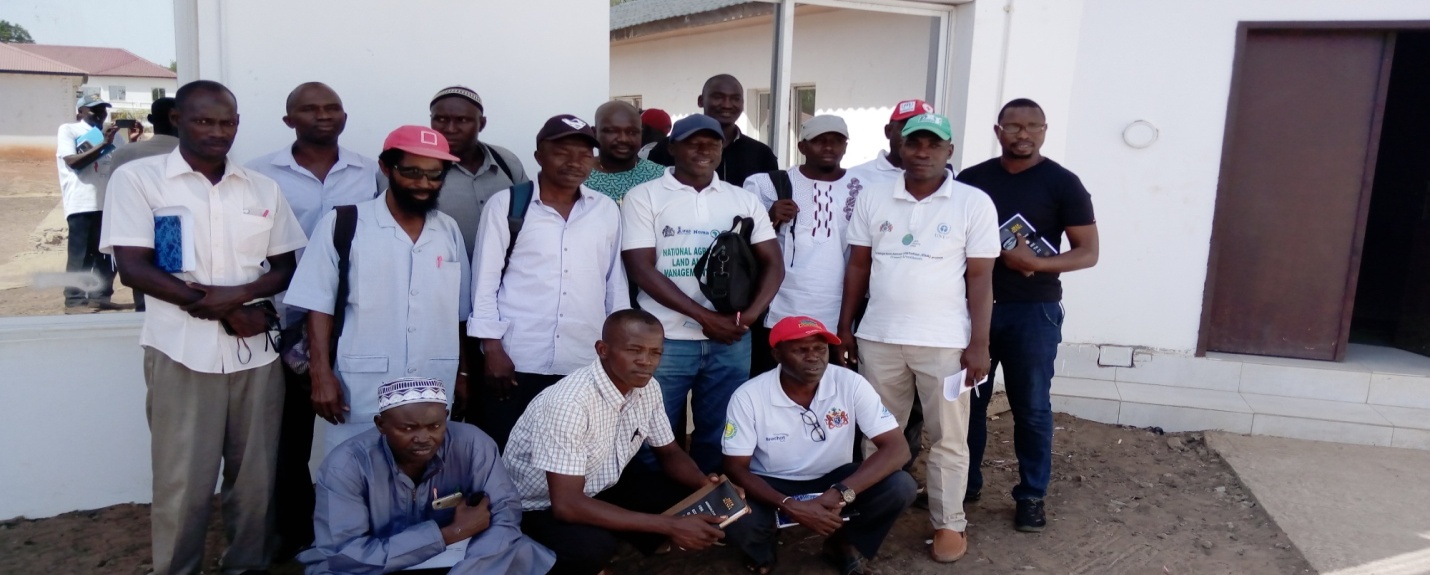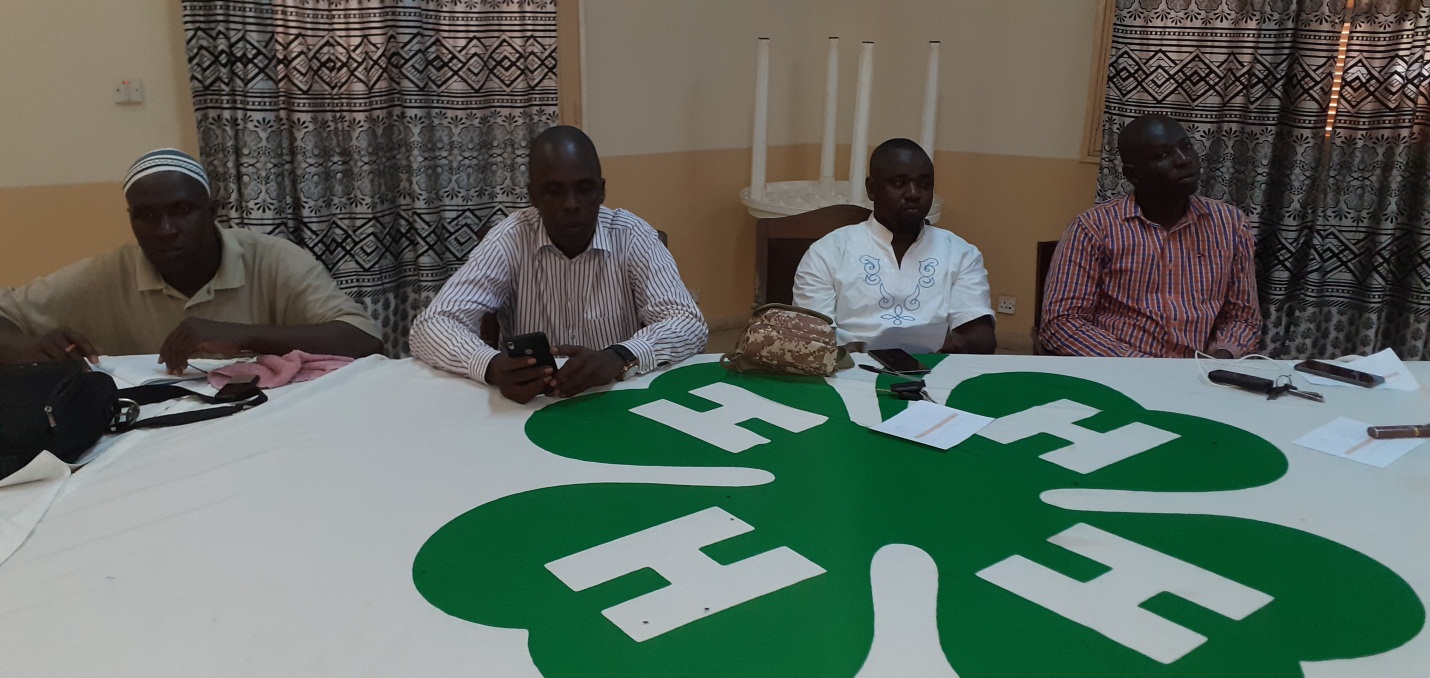The National Coordinating Organization for Farmers Association The Gambia –NACOFAG in collaboration with the Food and Agriculture Sector Development Project (FASDEP) has established a Seed and Cereal Banking scheme for Family Farmers and farmers’ organizations geared towards promoting food, nutrition, seeds and income security.
According to the NACOFAG National coordinator Mr. Alieu Sowe ten (10) schemes have been established in 10 communities from the West Coast, Lower River and central river regions north and south.
He added that four (4) regional stock piling centers have been established for food and nutrition as well as support disaster relief support to victims in need.
Sowe pointed out that the regional stock piling will be serviced by a committee established among farmers and technical advisory committees in collaboration with NACOFAG and FASDEP regional focal points.
According to him, the main objectives of the scheme is to improve family farmers terms for borrowing grains during the hungry season and avoid farmers selling their grains immediately after harvest and creates village-level emergency food stocks.
“It will help facilitate direct exchanges amongst farmers involved in cereal banks and explore alternative approaches to improving for food security at the community level through marketing and credit.
Family Farmers almost invariably sell most of their produce generally ( e.g. millet, maize, sorghum groundnut etc.) just after the harvest time (October, November) to meet financial obligations (taxes, debts, ceremonies, children fees etc.) with the knowledge that they would be repurchasing the same grains above the price they sold them, before or during the hungry season,” he noted.
He also said farmers are often compelled by immediate and pressing domestic financial needs to sell most of their meager harvest at very low prices during the harvest period in order to meet these needs, stressing that forced sales are therefore a major rationale for the creation of cereal banks.
“Farmers’ organizations believe that traders (middlemen) exploit villagers by charging unfairly high interest rates when they provide cereals on credit and demand in-kind repayment after harvest.
At times when a villager borrows a bag of millet from traders in the hungry season, he/she pays twice after harvest, giving the middlemen a huge profit within few hours more than what the farmer could not make in the whole season of their cultivation,” he noted.
He revealed that the scheme will involve all the different groups in the community like men, women, children, elderly people, differentially able people and people of different economic wellbeing.
NACOFAG thanked the Management of FASDEP through the Ministry of Agriculture for the support.
The scheme is target to benefit 5,000 households and 304 already registered family farmers of NACOFAG in the areas of access to quality seeds, fertilizer, inputs, employment and capacity building.




